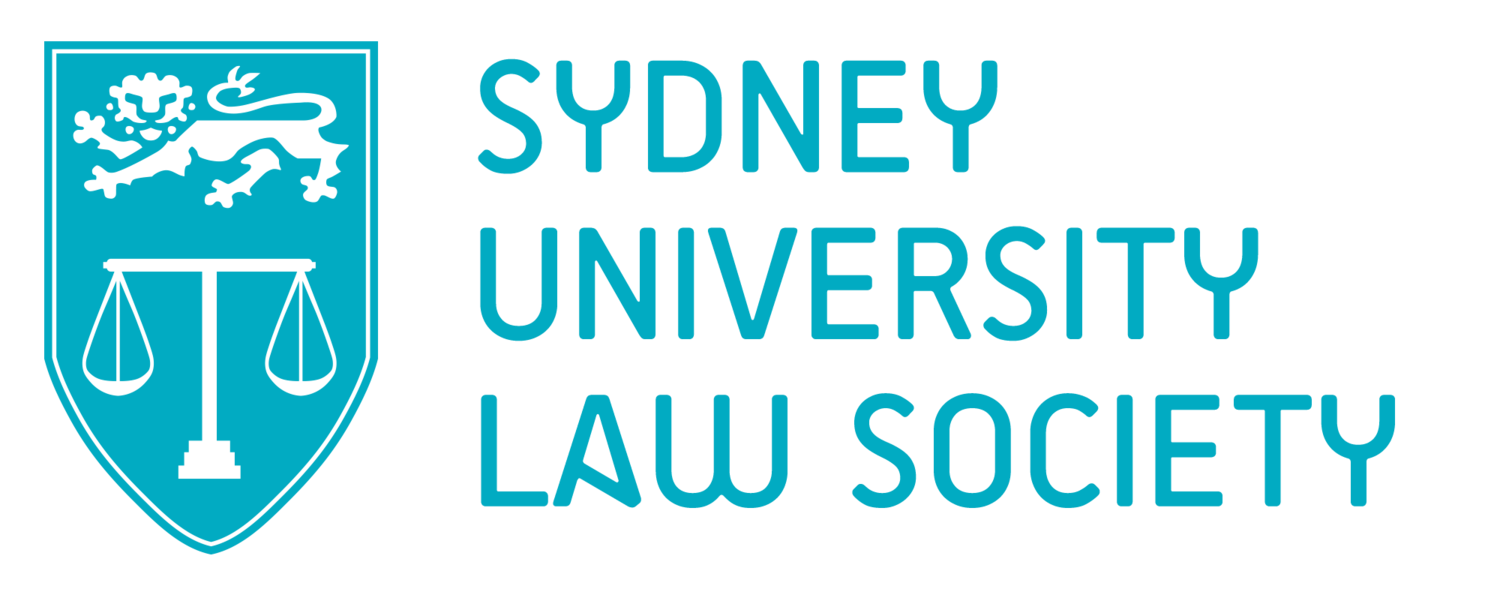Youth Justice Mentoring Scheme
The Youth Justice Mentoring Scheme (YJMS) began as an initiative in 2011 out of the work of the Sydney University Law Society’s Indigenous Social Justice Subcommittee. SULS began by sending volunteers one day a week to Juniperina Juvenile Justice Centre in Lidcombe to run recreational activities with the all-female residents at the centre. In 2016, the Juniperina facility was transferred to the Reiby Juvenile Justice Centre in Airds. Currently the Scheme runs at Cobham Juvenile Justice Centre. Mentors attend on a weekly or fortnightly basis and can design and implement programs developed around a selected overarching theme.
The theme for 2019 was ‘Toolbox for Life.’ The program currently runs throughout both university semesters and has the potential to run over summer holiday periods.
The Youth Justice Mentoring Scheme has evolved into a program that allows mentors and young offenders to share their experiences, foster relationships, and provide opportunities for both mentors and young people to learn from one another. The Scheme aims to nurture young people in confinement, making them feel that they are part of a larger community of young people that can truly make a difference in the world and in their own lives, no matter what their background.
If you are passionate about social justice, interested in working with young people or want to get a real insight into the criminal justice system, apply to be a mentor with the Youth Justice Mentoring Scheme. Applications open at the beginning of each semester.
Our Mission
In 2015-16, the average daily number of young people in custody due to their involvement or alleged involvement in crime in Australia was approximately 5,500 young people. In 2016-17, the average daily number of young people in custody in NSW was 273. Among that number, 8% were female and 53% were of Aboriginal and/or Torres Strait Islander background. From 2012-2016, NSW maintained the largest number of young people held in detention. Moreover, young offenders who are released have a significant likelihood of reoffending, with the rate of recidivism being 36.7% in 2014-15. These numbers only grow when time after release extends to 24 months, where 58.6% of young offenders re-offended within 2014-15.
Young offenders are often labelled by the justice system, individuals and society as troubled criminals. Exposure to these labels and the struggle to define and develop their own identities become apparent as young offenders internalise these negative labels that further perpetuate a criminogenic cycle. Thus, the Juvenile Justice Mentoring Scheme’s mission is to provide opportunities for the young people in custody to redefine and develop their own positive and unique identities.
Benefits and Objectives
Long-term friendship and support: One of our main aims is to ensure consistency in our presence at the centres. This consistency aids in the young people in custody to build self-confidence and recognise methods of lending trust. In addition to this, as mostly young university students, as mentors we will be able to develop a kind of relationship that is different to what these young people have with family and correctional officers.
Mentoring: Investing time into someone else’s life has many benefits. It has the potential to challenge your perspective, sharpens your interpersonal skills and helps you hone your ability to adapt. This kind of mentoring gives the opportunity to actively learn these skills.
Learning about yourself: As this program has a large focus on building relationships and applicable life skills, this Schemes mentors have the opportunity of self- assessment in that, by sharing and teaching these young children, they have the opportunity to know more about their own strengths, weaknesses, knowledge and beliefs.
Learning about the juvenile justice system: As law students, it is not often that we get the chance to learn from experience rather than from a textbook. The Scheme provides volunteers with the valuable opportunity to engage hands-on with the NSW Department of Juvenile Justice and expand their understanding of issues relating to criminal justice, social inequality and juvenile justice in Australia.
If you have any questions or comments about the Juvenile Justice Mentoring Scheme, the Program Co-Chairs can be contacted at youthjusticementoring@suls.org.au.

